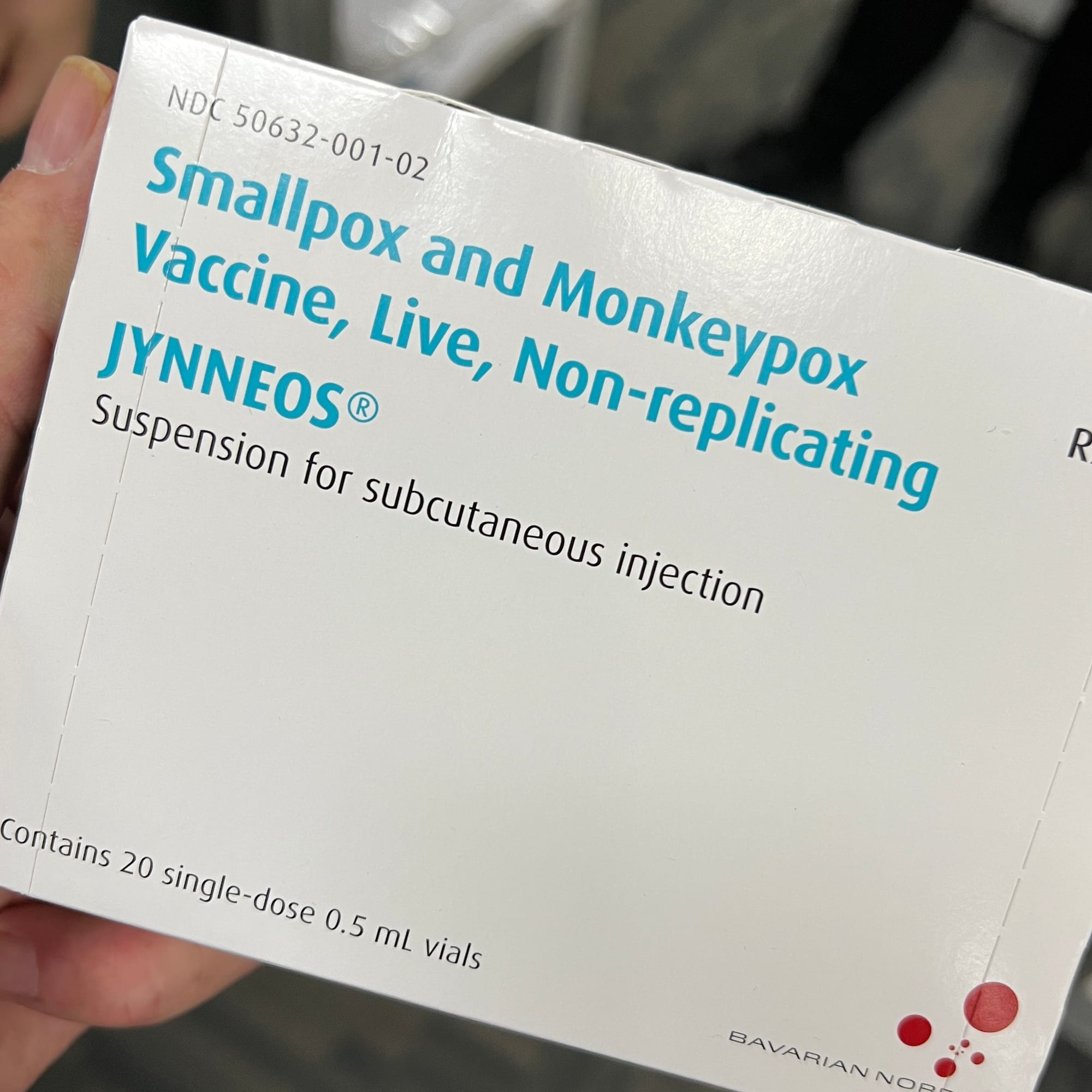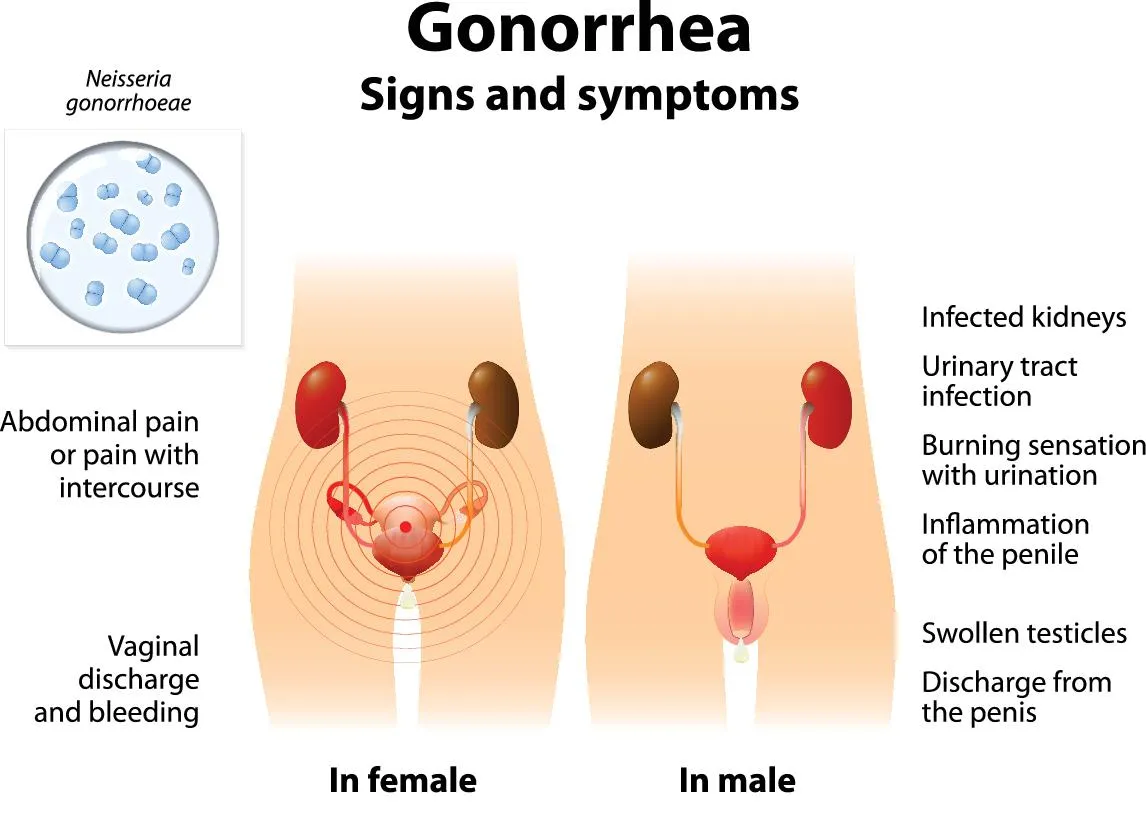Table of Contents
Hey team, it's Dr. George, and today I want to talk about an important topic that's making headlines: Mpox. If you're sexually adventurous, it's crucial to stay informed. The World Health Organization has confirmed that Mpox is a public health emergency.
Mpox (Clade IIb) is here in Australia, including in Melbourne and Sydney. So, let’s dive into what you need to know about this viral illness, how it spreads, and most importantly, how to protect yourself.
What is Mpox?
Mpox is a viral illness transmitted through sexual and close intimate contact. The virus spreads when it comes into contact with broken skin or mucous membranes, such as those in the:
- Mouth
- Eyes
- Vagina
- Anus
It's important to note that Mpox can be a severe illness, particularly for those who are immunocompromised. The infection can also be very painful, which is why we're strongly encouraging vaccination for all sexually adventurous individuals.
Why is Vaccination Important?
Vaccination is a key defense against Mpox. In Australia, we are currently dealing with Clade 2, but there is also a more severe and deadly virus known as Clade 1 that has recently emerged from Middle Africa. The good news is that the Jynneos vaccine offers protection against both Clade 1 and Clade 2. The vaccine is administered in two doses, one month apart.

While the vaccine may not completely prevent infection, it significantly reduces the risk of severe disease and the spread of the virus.
Recognizing the Symptoms of Mpox
Mpox symptoms can initially resemble a viral illness, including:
- Fever
- Flu-like symptoms
- A fine rash on the skin
The key symptom to watch for is blisters on the skin, especially around the genitals. These blisters may be pus-filled and can sometimes have a tiny, black "belly button" in the center.

It's important to remember that not every case presents with textbook symptoms. That's why it's essential to have an open conversation with your doctor about your symptoms and sexual history. A swab test is the definitive way to diagnose Mpox.
Mpox Stages & Symptoms From the CDC
Mpox disease is characterized by an incubation period, prodrome, and rash.
Incubation Period: Infection with mpox virus begins with an incubation period where the person does not have symptoms and may feel fine. The incubation period is roughly 1-2 weeks. A person is not contagious during this period. Physicians are currently recommended to monitor patients up to 21 days.
Prodrome: People with mpox infection may develop an early set of symptoms (prodrome). These symptoms may include fever, malaise, headache, sore throat, or cough, and (in many cases) swollen lymph nodes. Lymphadenopathy is a characteristic feature of mpox, and lymph nodes may swell in the neck (submandibular & cervical), armpits (axillary), or groin (inguinal) and can occur on both sides of the body or just one. A person may be contagious during this period. Instruct patients to isolate if they develop symptoms.
Rash: In some recent mpox cases, people have presented with a rash without a recognized prodrome. Many of the recent cases have only had localized lesions and have not presented with diffuse rash often seen in figures. People with mpox infection develop lesions that typically progress from papules, macules, vesicles, pustules, and then scabs. A person is contagious until after all the scabs on the skin have fallen off and a fresh layer of intact skin has formed underneath.
https://www.cdc.gov/poxvirus/mpox/clinicians/clinical-recognition.html
Worried? Get Checked By Your Doctor
If you notice any new rash in or around your mouth, genitals, anus or skin it's important to seek urgent medical review.
Your doctor will be able to review your rash, as well as take a swab to work out exactly what it may be.
Mpox is not the only painful rash. Herpes, Syphilis, anal fissures, and infected skin can also be sore. Talking with your doctor will ensure a proper diagnosis and treatment.
Preventing the Transmission of Mpox
There are several steps you can take to help prevent the spread of Mpox:
- Get Vaccinated: As mentioned, vaccination is your best line of defense.
- Avoid Sharing Toys: Any toys that come into contact with mucous membranes, such as dildos, butt plugs, or vibrators, should not be shared without proper disinfection.
- Clean Surfaces Thoroughly: Be mindful of the surfaces you use during sex, such as a fuckbench or a sling. Mpox can be transmitted through contaminated surfaces, so it's crucial to clean these areas between use. There has been a case in Australia where a man developed painful blisters on his back, likely from a contaminated sling.
How to Clean Toys and Surfaces
If you do share toys, it's important to properly disinfect them. I have a video that explains exactly how to do this with gear and equipment that you can get from your local shop. For larger surfaces or leather items, you can use alcohol wipes or a product like Viru Cleanze. These can be found at Eagle Leather here in Melbourne, your local sex store, or even through hospital cleaning supplies.
Check out this video on how to safely clean toys like dildo's or buttplugs.
Stay Alert, Not Paranoid
Mpox is here, but there's no need to panic. Instead, stay alert and use this opportunity to review your safety practices, including:
- Ensuring your vaccinations are up to date
- Properly cleaning your toys, objects, and surfaces
- If you develope any unusual rashes, see your doctor for examination, diagnosis and treatment
Consider picking up some Isocol Alcohol Solution (a great alcohol cleaner) or Viru Cleanze to help maintain cleanliness.
Final Thoughts
Stay safe, team. If you have any questions, feel free to drop them below. I'm here to help and wish you the absolute best in staying healthy.





